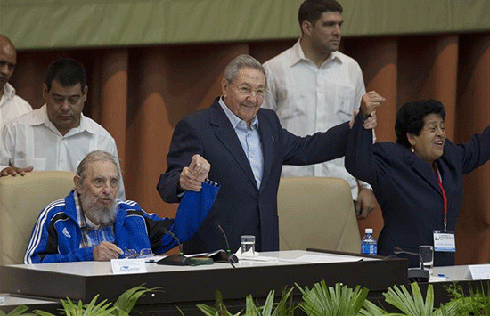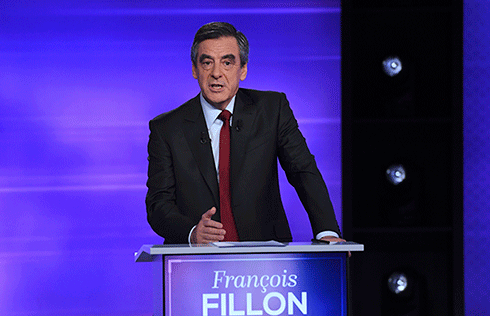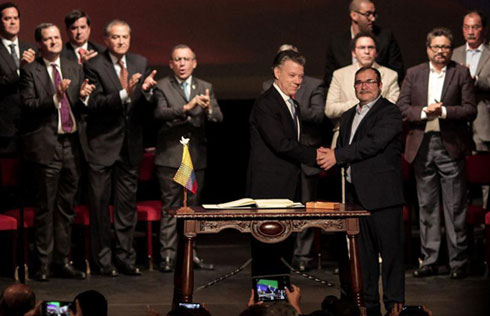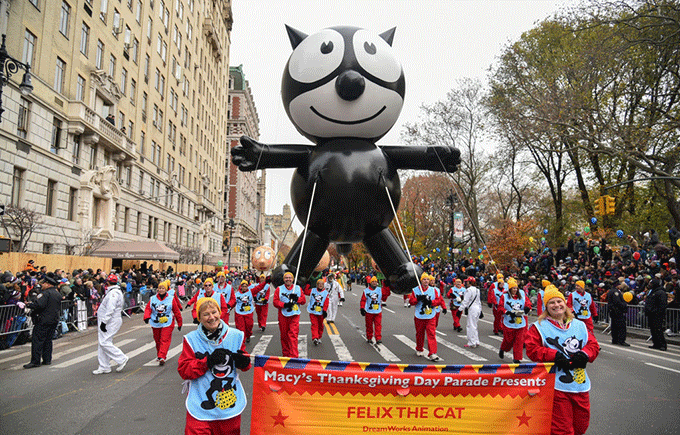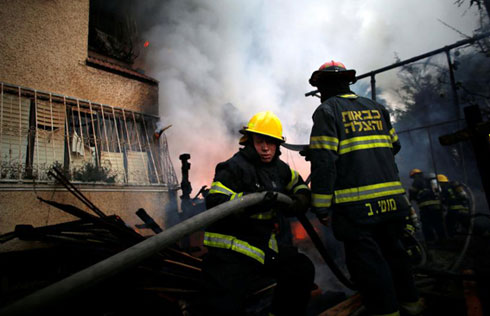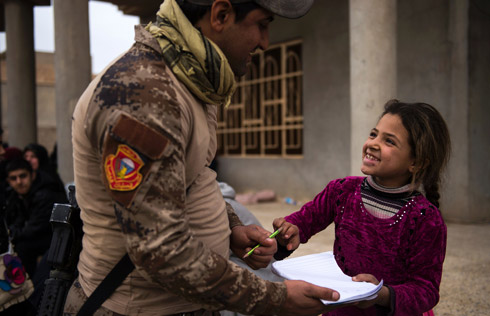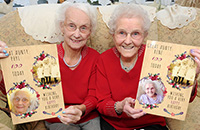World leaders mourn Fidel Castro's death
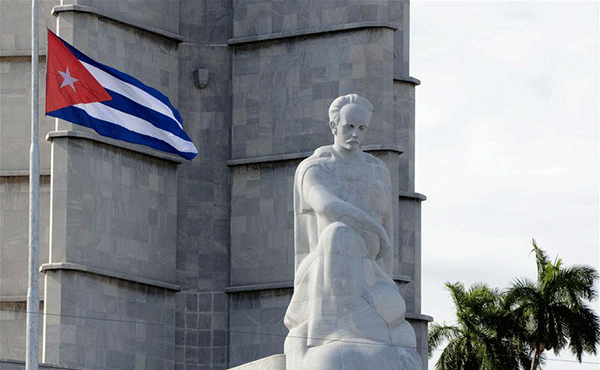 |
|
A Cuban national flag flies at half-mast in front of the memorial to Jose Marti after the death of the leader of the Cuban Revolution, Fidel Castro, at the Square of Revolution in Havana, Cuba, Nov 26, 2016. Aged 90, Castro passed away late Friday night. [Photo/Xinhua] |
UN Secretary-General Ban Ki-moon said on Saturday that he was saddened by the death of Fidel Castro.
In a statement released by his spokesperson, Ban said: "President Fidel Castro will be remembered for his leadership of the Cuban revolution and for advances in Cuba in the fields of education, literacy and health."
Castro's "legacy" and "his example in Latin America is going to serve as an incentive for today's generation to continue to struggle for a Cuba that is free, sovereign, independent, and free of the embargo," said Venezuelan economist and political analyst Vladimir Adrianza, who teaches at the Bolivarian Military University of Venezuela (UMBV) in Caracas.
Despite its improved relations with Washington, Havana continues to be constrained by a vast net of economic and financial sanctions imposed by the long-running US-led trade embargo.
According to Jhonny Garcia, coordinator of the Cuba-Venezuela Solidarity Movement, "the Cuban people ... will know how to honor the effort, the bravery and courage, the dignity and morals, of a man of Fidel's stature."
"Fidel, along with (the late Venezuelan reformist leader Hugo) Chavez, will continue to guide along the routes marked by these revolutions," said Garcia.
UN General Assembly President Peter Thomson said Saturday that he was deeply saddened by the passing of Cuban revolutionary leader Fidel Castro, who died late Friday at the age of 90.
In a statement, Thomson said: "I wish to express my sincere condolences to his family, including his brother President Raul Castro, as well as the Government and People of Cuba."
"Fidel Castro was one of the iconic leaders of the 20th century," a tireless advocate for equity in the international arena and an inspirational figure for developing countries in particular, Thomson said.
"His dedication to their advancement, especially in the fields of education and health, would be long remembered," Thomson added.
Castro had led Cuba for nearly half a century before stepping down in 2006 for health reasons. He was succeeded by his brother Raul Castro.
His legacy can also be seen in Cuba's universal healthcare and education system, as well as its world-class biotechnology and pharmaceutical industry.




